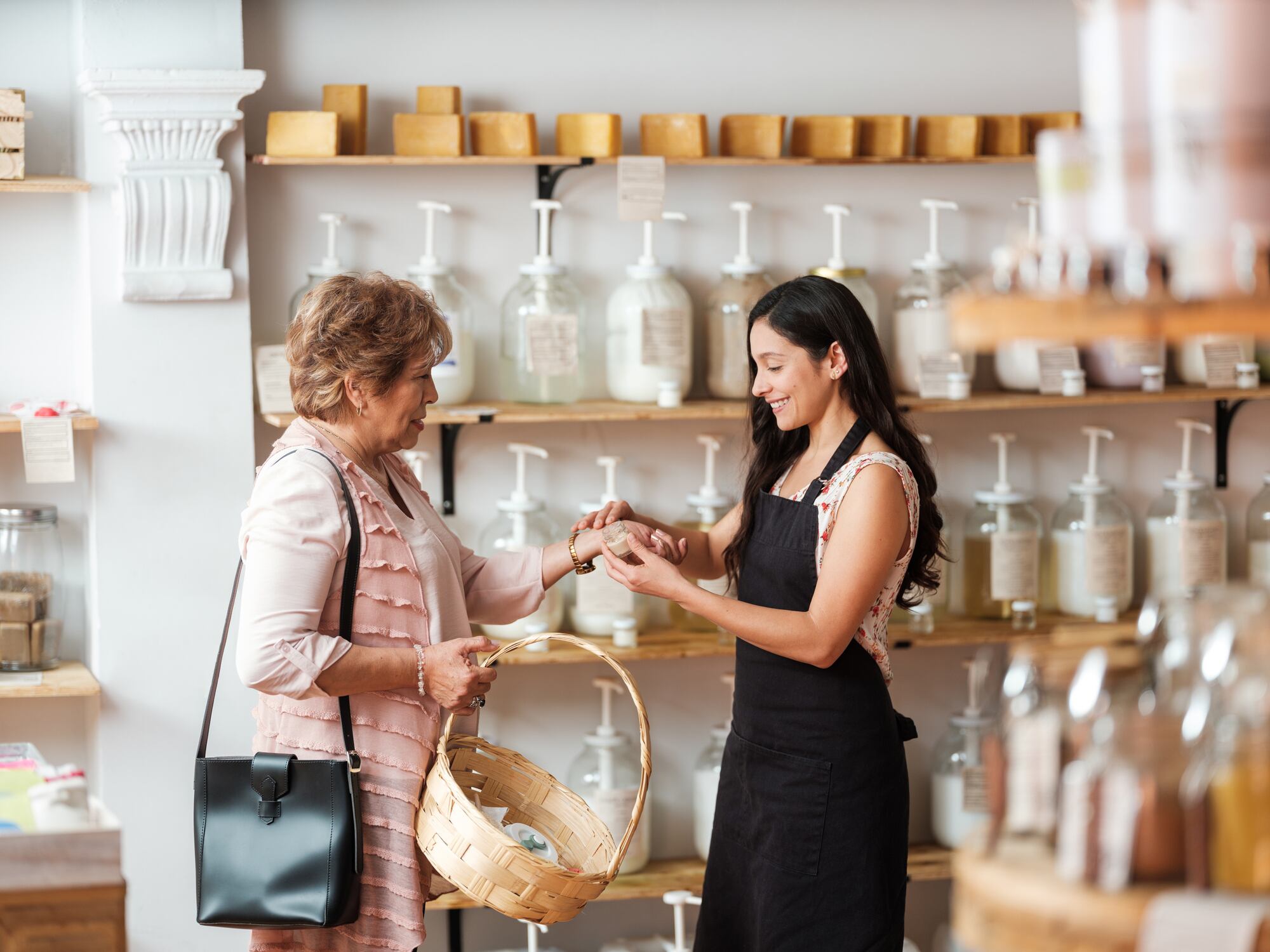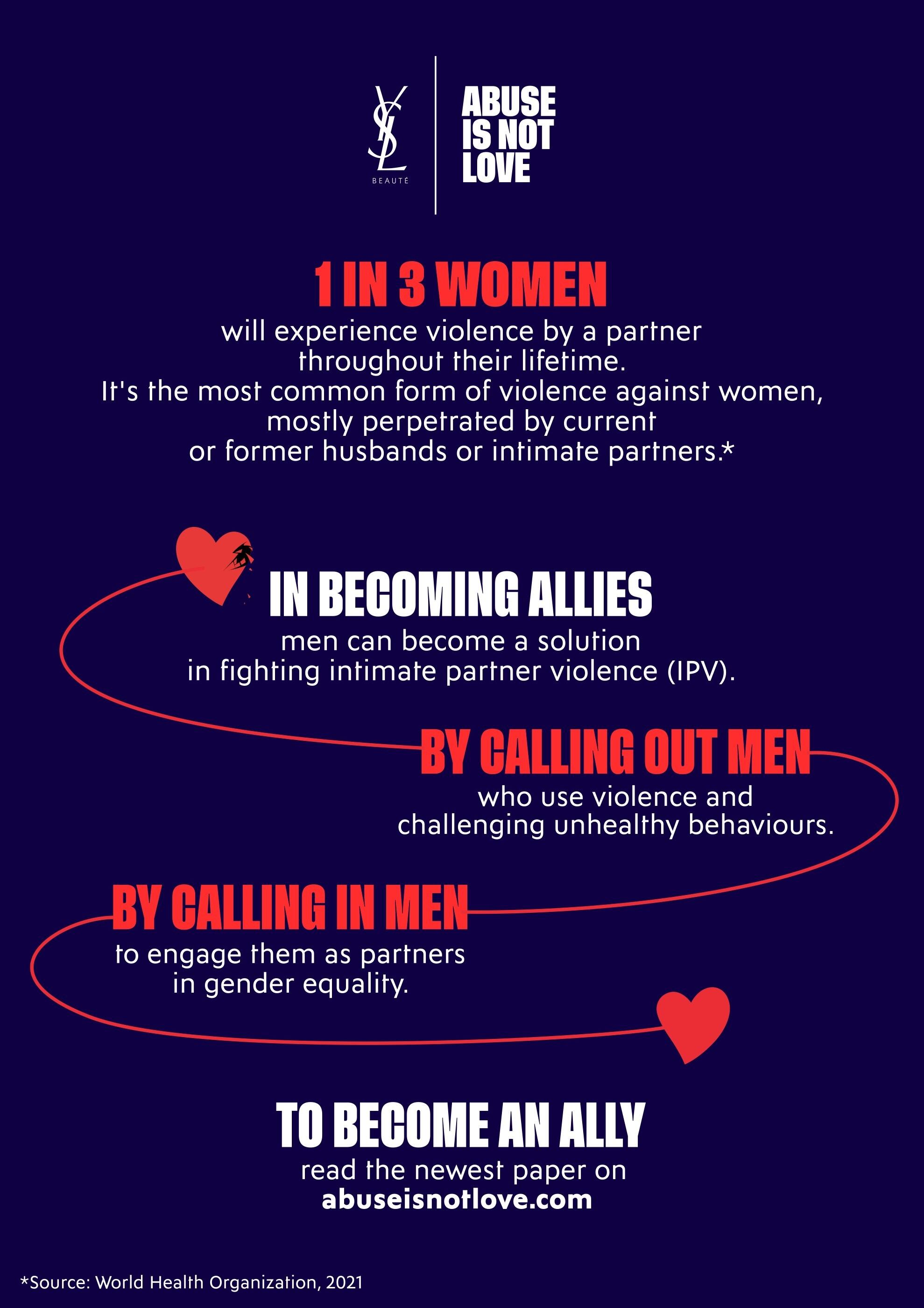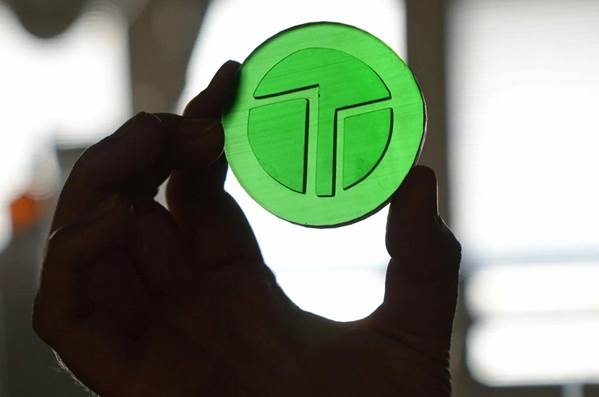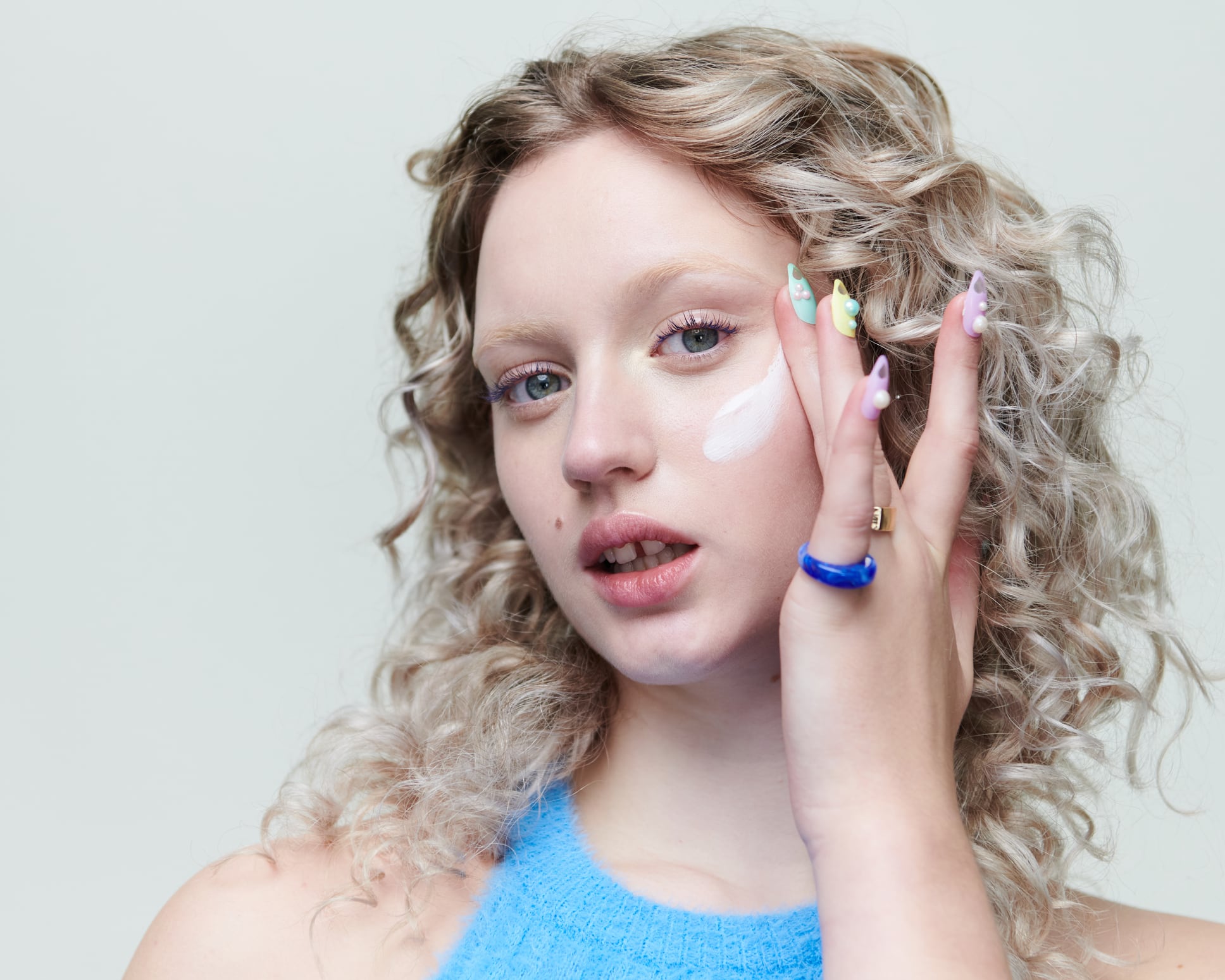Innovation and transformation company PA Consulting recently undertook a survey of 7,000 consumers to get their views on over 320 leading brands and found that consumers have come to expect these brands to be green, clean and circular in their approach.
Its Brand Impact Index revealed that four out of five consumers expected brands to act as catalysts for change and have a positive impact on the world them.
According to Rhea Patten, who is a consumer product and beauty care expert at PA Consulting, the clean, green, and circular beauty trend is now rapidly shifting into a global movement.
“Consumers are rightly looking for sustainably sourced ingredients, zero-waste packaging, non-toxic formulas, and ethical supply chains,” she explained.
Yet with eco-friendly beauty and personal care products becoming an increasingly crowded space, how can cosmetics brands stand out in this sector?
“Interestingly, our research found that consumers most valued brands that focused on three key things: 1) engaging with them emotionally, 2) innovating relentlessly, and 3) demonstrating overtly conscious decision-making,” said Patten.
“First, it’s important for companies to engage emotionally with buyers by going beyond function, and actually make consumers feel good about interacting with them,” she continued.
Patten gave Unilever’s brand Dove as a prime example of this.
“This brand was ranked ninth out of 320 brands in our index, partly because its ‘Campaign for Real Beauty’, which uses real women rather than models in its advertising, genuinely resonated with normal people,” she said.
“Initiatives like Dove’s Real Virtual Beauty Coalition, which encourages video game developers to create healthy diverse female characters, have only enhanced this perception,” she continued.
“Essentially, Dove is selling more than beauty products: it’s selling a different view of beauty and a positive outlook on self-esteem. It has focused on helping consumers build a happy relationship with the brand.”
Innovation has to play a greater role
For green and circular beauty, there’s an obvious opportunity for brands to get to the heart of what consumers want from sustainability, and ensure their green campaigns hit the mark on a truly personal level.
For example, consider whether the palpable evidence of plastic pollution, such as litter, may evoke a more emotional response with consumers than less tangible concepts, like offsetting carbon.
“Unsurprisingly, innovation has to play an even greater role in clean, green and circular beauty. It’s not enough to simply swap out a few ingredients and repackage a cosmetics line as ‘sustainable’ – consumers are looking for fundamental changes and new innovations,” shared Patten.
For Patten, there are some lessons to learn from P&G’s Olay brand, which was rated highly by consumers for its innovative offerings.
She pointed to the popularity of Olay’s Skin Advisor. The online tool was developed by AI and asks consumers to provide a selfie and answer questions to receive a personalised, AI-powered skin analysis in minutes, along with tailored recommendations.
Patten said that this has proven particularly popular with men, many of whom were more comfortable with the virtual interaction than asking for advice in store.
The site has been visited over four million times to date.
“To truly capture the growing consumer demand for sustainability, brands must embrace innovations like this at every level – from sourcing and formulation to packaging and product lifecycle management,” she explained.
“Taking an ‘eco-by-design’ approach is key. This means thinking about the environmental impact right from the start of product development and using tools to assess the impact of a product on the environment over its entire lifecycle. The data can then inform decisions about the solution, design and materials used.”
Patten said that by reimagining the beauty ecosystem and innovating product lines through this lens of environmental responsibility, companies can not only differentiate themselves in a crowded market but also build deeper, more loyal relationships with consumers – including segments that may not have used their products before.
“Our research also found that consumers respect the brands that have a strong track-record of making very conscious decisions,” she said.
People must come before profits
For Patten, Lush was a great example of a brand that clearly has strong values that it sticks by. It has been using 100%-recycled PET plastic for its clear bottles for more than a decade. Its products are made from natural, fresh ingredients, sourced directly from growers where possible. They are never tested on animals – a core pillar of its ethos, reflected in its branding.
But beyond that, it has also taken positions on issues such as social media and mental health, which reinforce its conscious decision-making in the market.
“For example, the company shut down its Facebook, Instagram, Snapchat, and TikTok accounts in 2021 due to the negative impact of social media sites on teenagers’ mental health, resulting in an approximately $12.7m hit to sales,” said Patten.
“Yet it has gone from strength to strength among consumers, with swathes of fans who continue to make content featuring its products and ‘tag’ its Instagram page.”
“When a brand puts the wellbeing of people before its profits, it stands out. Lush has sought to strike a balance between corporate activism and irresistible customer experience, reinforcing meaningful messages and inviting customers to be part of an ethical, environmental cosmetics movement,” she continued.
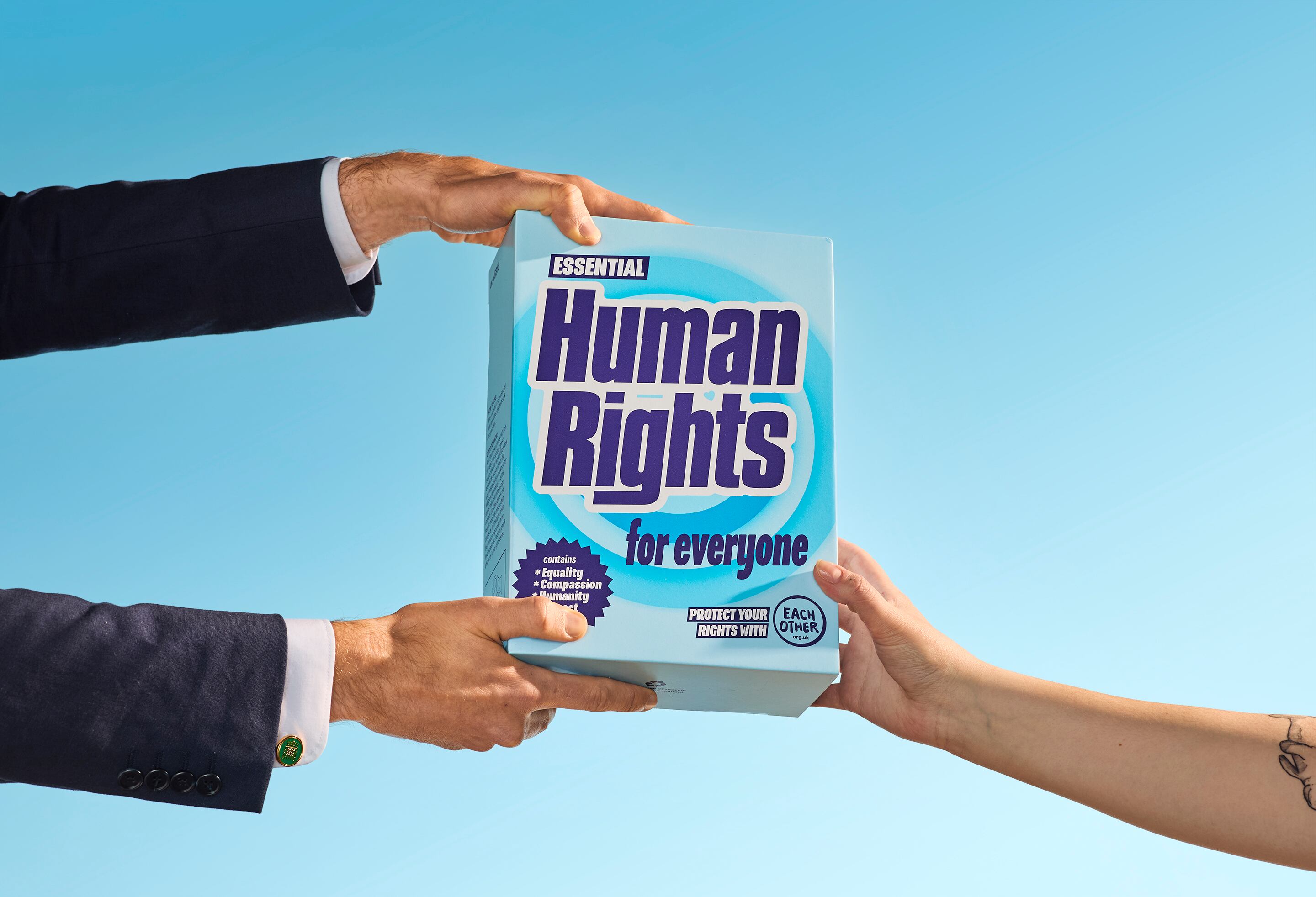
Patten said that companies that can similarly demonstrate a commitment to conscious decision-making will gain consumer trust and build credibility – something which is particularly important in the face of greenwashing claims.
“Ultimately, cosmetics companies have a huge opportunity to build commercially thriving and environmentally responsible brands. Connecting emotionally with consumers, demonstrating authentic and conscious decision-making, and constantly innovating is what will help brands make a mark in clean, green and circular beauty,” she concluded.


